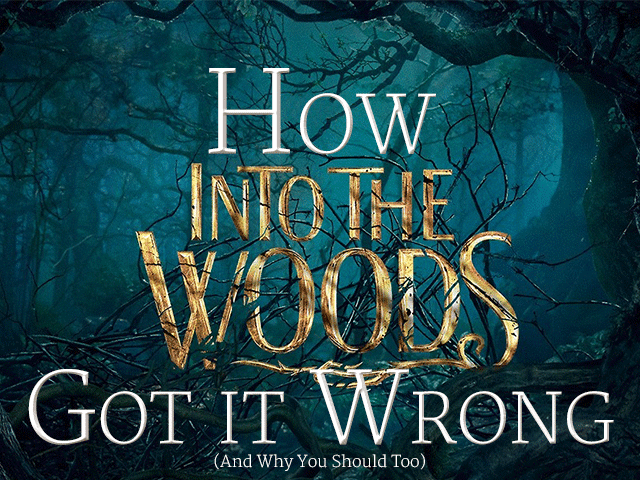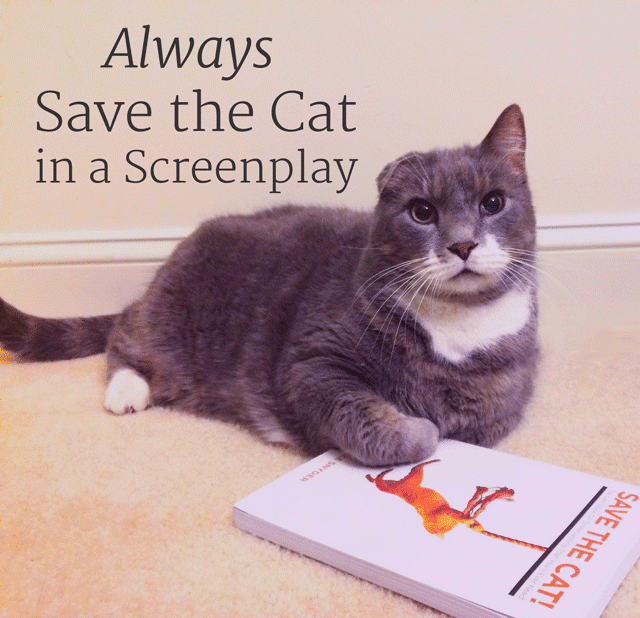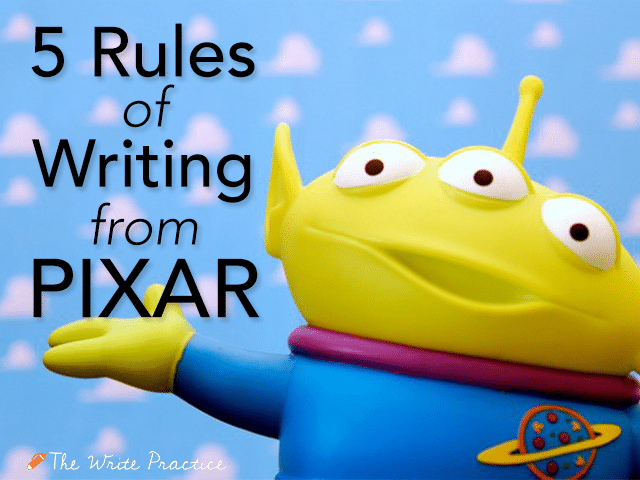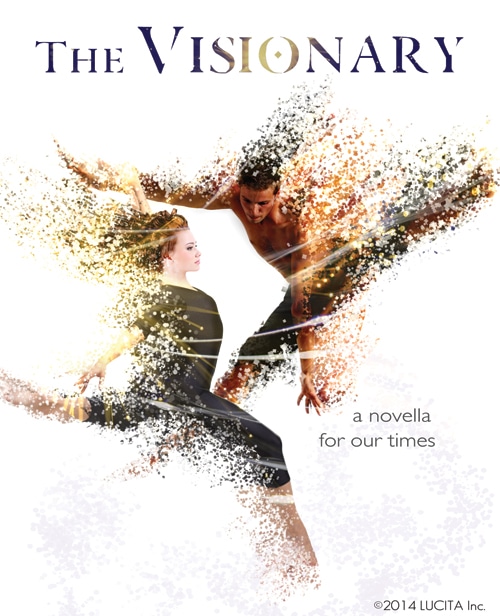
by Liz Bureman |
This weekend, I finally got around to seeing Into the Woods. Years ago, I saw the play the film is based on with my high school drama club on Broadway. Of course, because Into the Woods is a Disney film, there were a few things from the original musical that didn’t make it to the big screen (the fate of Rapunzel, the Baker’s Wife’s encounter with Cinderella’s Prince, etc.). Despite those changes, the overall theme of the musical remained intact.

by Pooh Hodges |
You must always save the cat in a screenplay. Never, never, never kill the cat when you are writing a screenplay. Actually, please have your main character save the cat when you write a story of any kind.
You see I am a cat. And I would never watch your movie or read your book if you were mean to a cat.

by The Magic Violinist |
I love Pixar. There hasn’t been one movie they made that I didn’t like. My family goes to see the new Pixar movie every summer right after it comes out. So when I saw this picture on Pinterest sharing Pixar’s twenty-two rules of storytelling, I saved the picture right away. I go back to it constantly for inspiration, and I thought I’d share a few of my favorite rules with you. Here are my five favorites.

by Joe Bunting |
If you’re like me, one of the main reasons you read is to receive an emotional transference from the author. You love books that don’t just make you think, that don’t just entertain, but that make you feel something.
It’s the magic of reading: that an author can arrange a series of letters in a certain order and that these letters can affect our emotions.
As a writer, how do you develop mood in a short story or in the chapter of your novel without telling? Is it possible to build up emotional language without saying what the emotion is? In other words, can you make people feel something without writing like Stefenie Meyer or E.L. James?

by Birgitte Rasine |
How do you dramatize non fiction? Isn’t real life already wild and crazy enough? And isn’t that why we have fiction in the first place, so that we can be superheroes and E.S.C.A.P.E. our dull routine realities?
Yes, and yes, BUT. The role of literature, in my and many other authors’ humble yet strong opinion, is to reflect social trends and preserve cultural ideals. To inform, inspire, and innovate. The stories we write and read shape our culture and society, our minds and our lives. This is why I insist with the ferocity of a Category 5 hurricane on quality, beauty, and impact.
The reason I write is to open minds—including my own. For me, the most potent way to do that is by mixing up fiction and real life. So let me tell you about The Visionary.

by Guest Blogger |
Want to write good dialogue? Then you’ve got to break the rules.
When you and I talk, we sometimes break the rules of grammar. (I know, it’s a shock, but it’s true.) To write good dialogue, it’s not so much that we are breaking the rules, per se, it’s just that there are rules for dialogue that trump grammatical dogma.








